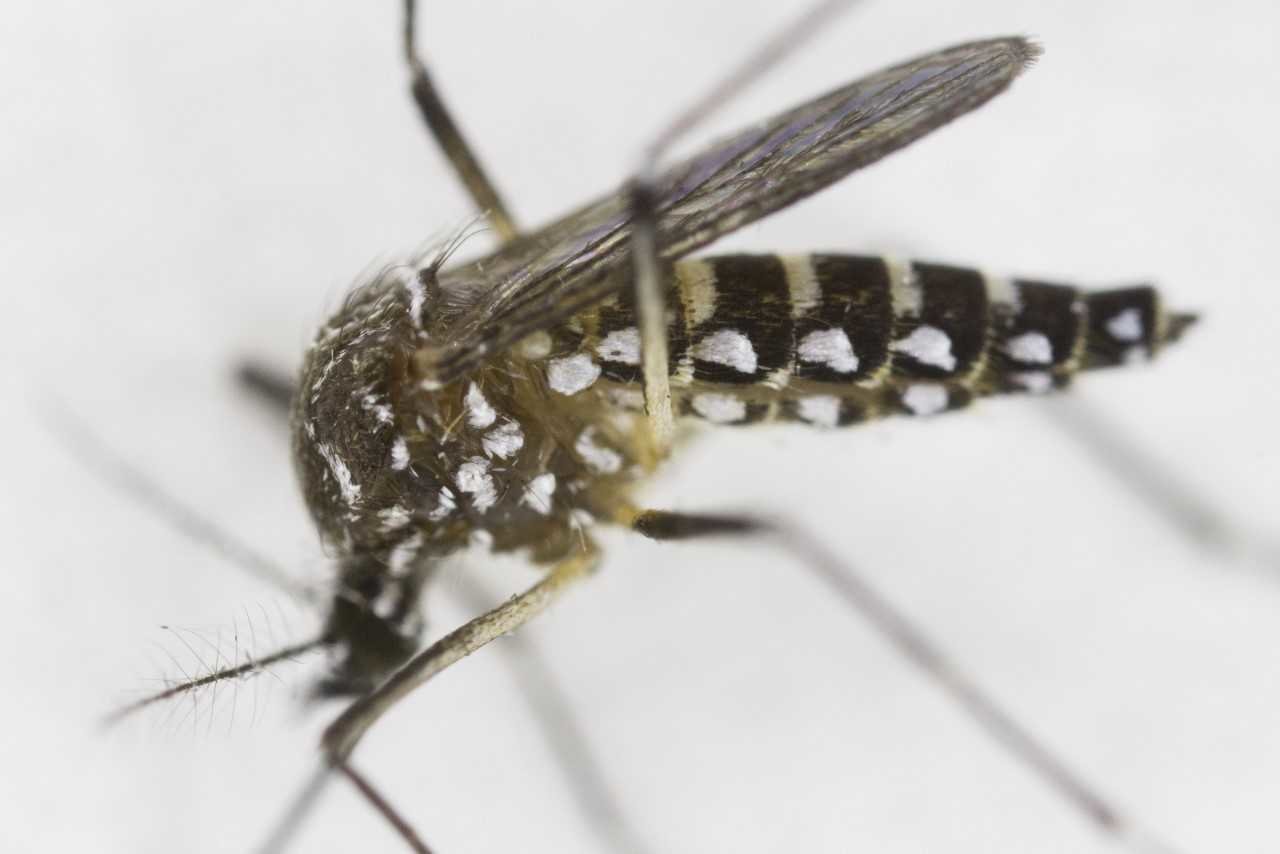Yellow fever, Asian tiger mosquitoes adept at transmitting Zika
Yellow fever and Asian tiger mosquitoes found in Florida – and infected with the Zika virus – are good at transmitting the virus, new University of Florida research shows. Zika can make people …
This item is available in full to subscribers.
Attention subscribers
To continue reading, you will need to either log in to your subscriber account, or purchase a new subscription.
If you are a current print subscriber, you can set up a free website account and connect your subscription to it by clicking here.
If you are a digital subscriber with an active, online-only subscription then you already have an account here. Just reset your password if you've not yet logged in to your account on this new site.
Otherwise, click here to view your options for subscribing.
Please log in to continueDon't have an ID?Print subscribersIf you're a print subscriber, but do not yet have an online account, click here to create one. Non-subscribersClick here to see your options for subscribing. Single day passYou also have the option of purchasing 24 hours of access, for $1.00. Click here to purchase a single day pass. |
Yellow fever, Asian tiger mosquitoes adept at transmitting Zika
Yellow fever and Asian tiger mosquitoes found in Florida – and infected with the Zika virus – are good at transmitting the virus, new University of Florida research shows. Zika can make people sick and in rare cases may cause paralysis (Guillain-Barré Syndrome) and birth defects.
Zika was in the news a lot in 2015 and 2016 after an outbreak of the virus in Brazil made its way via humans to people in Florida and other places. Scientists believe the yellow fever mosquito was the primary culprit behind that Zika outbreak.
Meanwhile, researchers at the UF Institute of Food and Agricultural Sciences and across the globe are keeping a close eye on the virus and how it goes from mosquito to human. By continuing to research Zika, UF/IFAS scientists hope to provide better information to mosquito control officials and health care practitioners.
“Despite the absence of current local transmission in Florida, Zika will remain a public health threat for the foreseeable future in the Americas,” said Barry Alto, an associate professor of entomology at the UF/IFAS Florida Medical Entomology Laboratory in Vero Beach. “This study and many others address gaps in our understanding of the epidemiology of Zika,”
UF/IFAS scientists recently brought the yellow fever and Asian tiger mosquitoes they found in Florida into their lab in Vero Beach, Florida to study what they call “vector competence.” That phrase translates to the mosquito’s ability to bite an infected animal, take some blood, become infected, and then bite another animal, or person, and then transfer the infection. This process usually takes days or weeks.
They zeroed in on the Florida mosquitoes because most of the studies done on “vector competence” to date have been conducted on species in Africa and Asia.
For their new study, UF/IFAS scientists collected uninfected mosquitoes from South Florida, reared them and infected them with the Zika virus by allowing them to feed on a variety of doses of virus-infected blood. Then, scientists examined the saliva secreted from the mosquitoes in a lab. Examination of saliva is important as it is transferred by bite, Alto said.
They found that the yellow fever mosquito – known scientifically as Aedes aegypti – and the Asian tiger mosquito – also known as Aedes albopictus – are both good at transmitting Zika virus. Their susceptibility to Zika and ability to potentially transmit the virus in their saliva depends on many factors, including tissue barriers within the insect, UF/IFAS entomologists say.
Results from the study can help scientists create models to help them predict the risk of the spread of Zika.
“These models can be used to help reduce impacts of outbreaks by providing criteria for vector competence to help with targeted mosquito surveillance to reduce Zika virus transmission and minimize impact of potential future outbreaks,” said Rebecca Zimler, a doctoral student at the UF/IFAS FMEL, who led the study as part of her dissertation.
Zimler, a doctoral student in entomology and nematology in the UF/IFAS College of Agricultural and Life Sciences, led the recent study under Alto’s supervision.
The mission of the University of Florida Institute of Food and Agricultural Sciences is to develop knowledge relevant to agricultural, human and natural resources and to make that knowledge available to sustain and enhance the quality of human life. With more than a dozen research facilities, 67 county Extension offices, and award-winning students and faculty in the UF College of Agricultural and Life Sciences, UF/IFAS works to bring science-based solutions to the state’s agricultural and nature resources industries and all Florida residents. Visit the UF/IFAS web site at ifas.ufl.edu and follow us on social media at @UF_IFAS.








